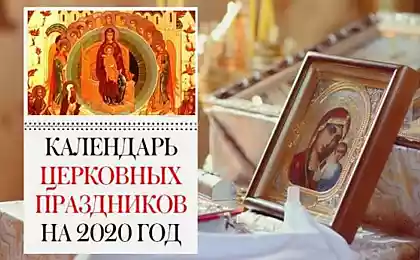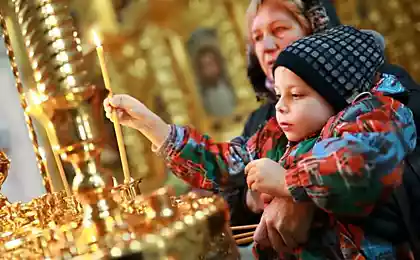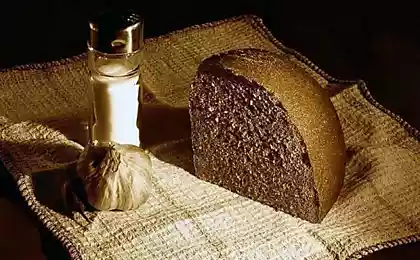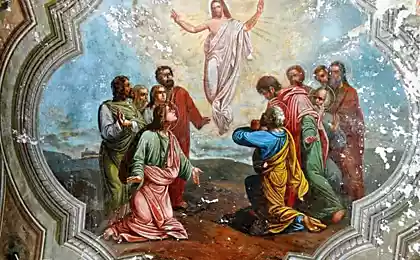181
How to Spend Holy Week
Holy Week is the last week of Great Lent. In 2020, it starts on April 26 and ends on May 2. These are special days in the Orthodox calendar. The clergy claim that this is no longer Forty-Century or even Lent – these are separate days. The first 40 days are when we go to meet God, cleansing ourselves of our sins. On Holy Week, God is already coming to meet us. Goes through suffering, betrayal, arrest, Calvary and on to Easter.
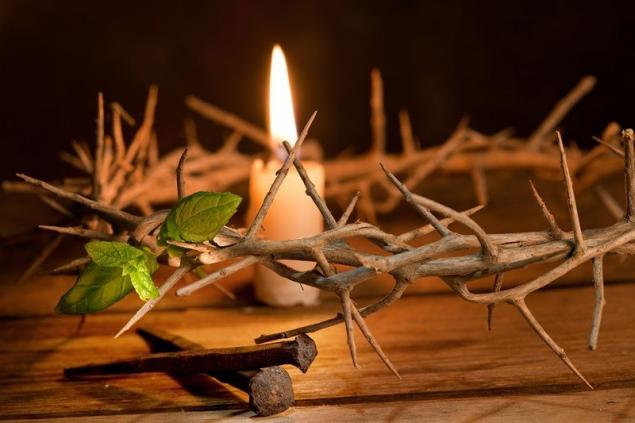
All seven days of the following week are associated with a lot of traditions and restrictions. Most of them are associated with food, but the clergy say that theme of Holy Week Not in them at all. Editorial "Site" Each day of the last week before Easter.
Holy Week 2021 is the most important week of the year for all believers, dedicated to the last days of Christ’s earthly life, his suffering, crucifixion, death and burial. In the following days, the Church prepares the faithful for cordial participation in the sufferings of the Savior on the Cross. Tell us what to do these days and what to avoid.
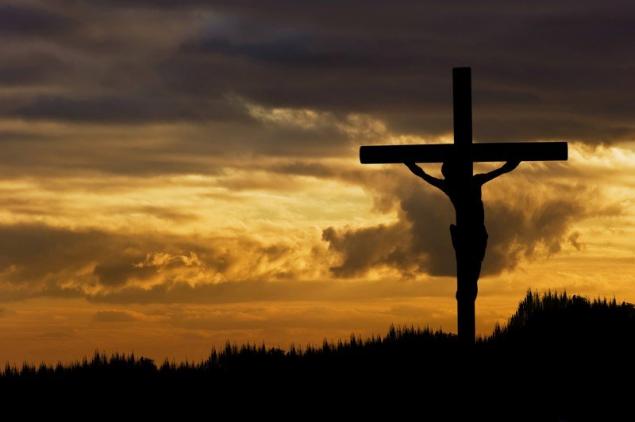
Thus, remembering the last week of Christ’s life and his deeds, we come to the main feast – Easter. Believers go to the evening, sanctify the baskets collected earlier and praise the Resurrection of Jesus Christ. So we meet the bright Easter holiday, which this year is celebrated on May 2. This is why Holy Week is so important to every believer. We hope you do it right, too. Bright Easter!

All seven days of the following week are associated with a lot of traditions and restrictions. Most of them are associated with food, but the clergy say that theme of Holy Week Not in them at all. Editorial "Site" Each day of the last week before Easter.
Holy Week 2021 is the most important week of the year for all believers, dedicated to the last days of Christ’s earthly life, his suffering, crucifixion, death and burial. In the following days, the Church prepares the faithful for cordial participation in the sufferings of the Savior on the Cross. Tell us what to do these days and what to avoid.

- Great Monday
On this day we remember the Old Testament Patriarch Joseph, whom the brothers sold to Egypt for 20 pieces of silver. It is sometimes called the prototype of Jesus’ suffering. Also on this day, believers remember the drying up of the barren fig tree by Jesus, which became the image of hypocritical scribes and Pharisees who did not bring true repentance. Holy Week is a time of great sorrow. Therefore, from Monday you should avoid noisy parties and holidays. All these days should be spent in humility and prayer. Protect yourself from bad thoughts, do not do bad things and do not allow stupidity and soullessness.
On this day, hostesses begin to prepare for the great holiday of Easter. On Monday, you can free the house from unnecessary things, give others what you no longer need. It is also worth freeing your mind by saying a prayer. All next week we adhere to strict fasting, allowed to eat only bread, fruits, vegetables, honey and nuts.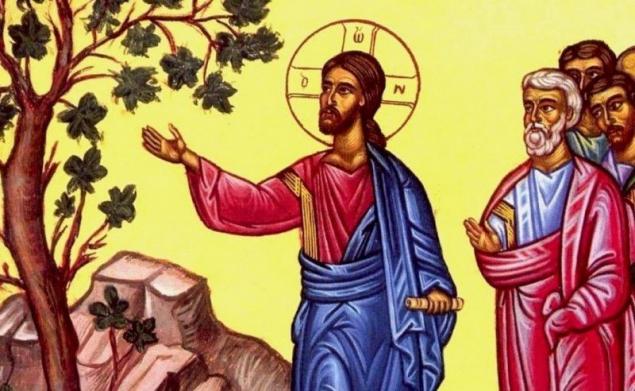
- Good Tuesday
On Tuesday, we recall Jesus’ sermons on the resurrection of the dead, the Last Judgment, the Ten Virgins, and many others. In the New Testament, Christ answers the question of whether to give to Caesar, and says the famous phrase: “Give to Caesar what is Caesar’s and to God.” All these parables call believers to spiritual ascension, to use our strength and abilities for good deeds. On this day, we continue to refrain from fun and noisy feasts. We also continue to hold fast.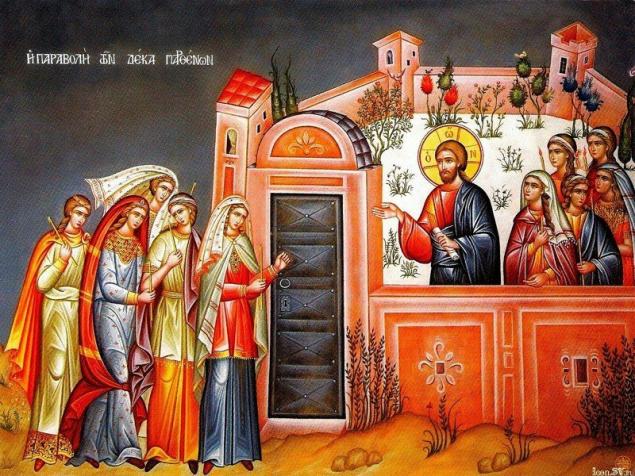
- Great Wednesday
Wednesday is a day of betrayal. It was on this day that Judas Iscariot decided to betray the Savior for 30 silver. We also remember how a repentant sinner washed Jesus with tears and anointed his feet with precious peace. The disciples did not understand this extravagance, but Jesus explained that the sinner had prepared him for burial. This prophecy was understood only with time.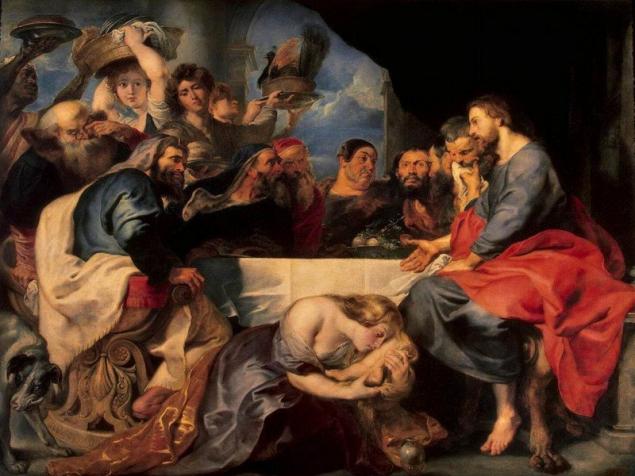
At the Liturgy on Wednesday, the prayer of St. Ephraim the Syrian with three great bows is said for the last time. Confession is made at the evening service. It is on this day that all believers go to confession. On Wednesday, you can start cleaning for the holiday to get everything done. On this day, in addition to everything you can eat on Tuesday and Wednesday, you can eat raw food without oil.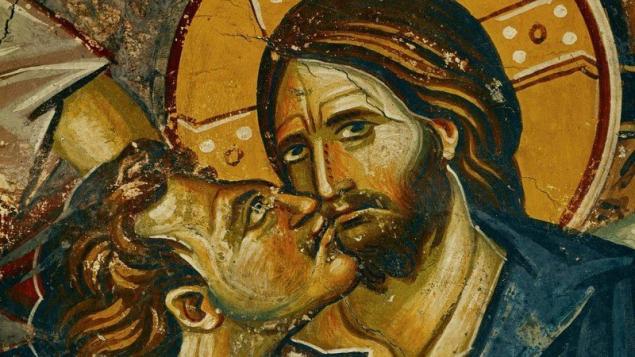
- Clean Thursday
Each of the days of Holy Week is called Great or Holy, but the fourth most familiar is called Clean Thursday. This means not only physical purity, but also internal cleansing. On this day we remember the most important evangelical event – the Last Supper. At the liturgy in the cathedrals, the ritual of washing the feet is performed, which is designed to revive in our memory the humility with which the Saviour washed the feet of his disciples before the supper.
On this day, people begin to prepare for Easter and restore order in the house. However, the clergy say that it is much more important not to shake the dust from the sofa, but to cleanse yourself spiritually. Cleaning is not prohibited, but in all this fuss it is important not to forget about the essence of this day, and also be sure to pray.
Earlier we wrote about traditions, customs and rituals on Clean Thursday. Also on this day, it is customary to harvest Thursday salt.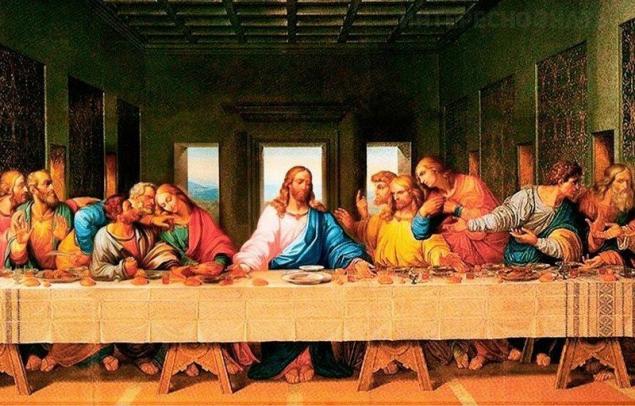
- Good Friday
Friday is the saddest day of Holy Week as we remember the crucifixion of Christ. This is the strictest day of fasting, some people completely abstain from food until the time of taking out the shroud at the service. On this day, one should give up the usual fuss, devote oneself to prayers and thoughts about the sacrifice Christ made for people.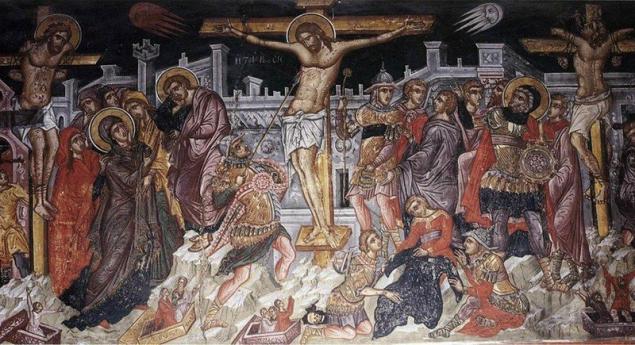
- Good Saturday
Holy Saturday is dedicated to the memory of the burial and stay of Jesus in the tomb, as well as the descent of the soul into hell to proclaim victory over death there. Preparations for Easter continue, the hostesses bake cakes and prepare food for the holiday. On this day it is allowed to eat a few hot dishes with vegetable oil. This is how people prepare for the end of Lent.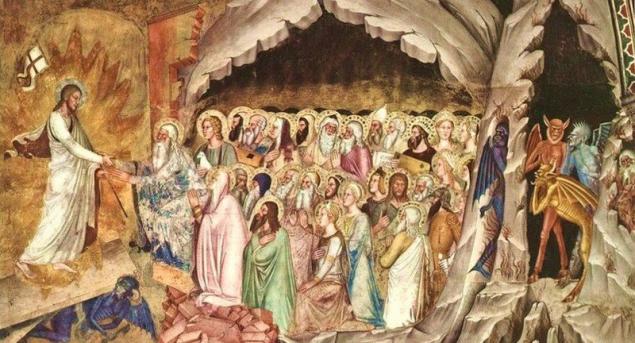
Thus, remembering the last week of Christ’s life and his deeds, we come to the main feast – Easter. Believers go to the evening, sanctify the baskets collected earlier and praise the Resurrection of Jesus Christ. So we meet the bright Easter holiday, which this year is celebrated on May 2. This is why Holy Week is so important to every believer. We hope you do it right, too. Bright Easter!

















